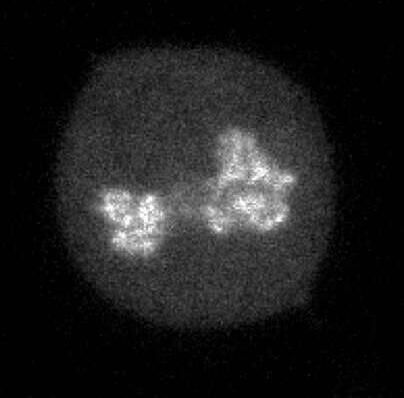
Mon, 2019/03/04
New Study Reveals the Molecular Mechanism of Transcription Factor ‘Surveying’ The Genome of Cells
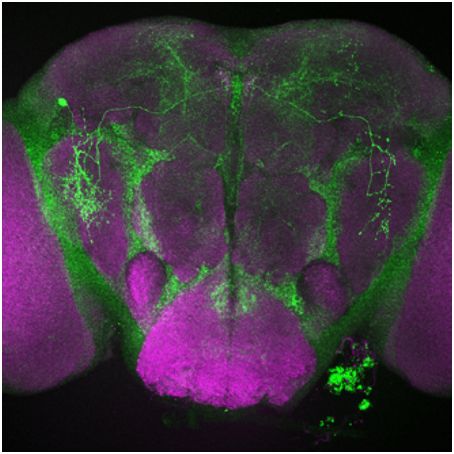
Sun, 2019/03/03
New Study Published on Science Discovered A Gene that Can Promote Sleep While Getting Sick
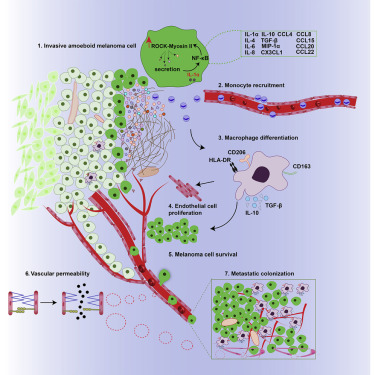
Tue, 2019/02/12
Revealing the Mechanism of Cancer Cells Spreading Through Hijacking of Immune Cells in vivo
Tue, 2019/02/12
The Rhomboid Protease Breaks the "Cell Speed Limit" When Through the Cell Membrane
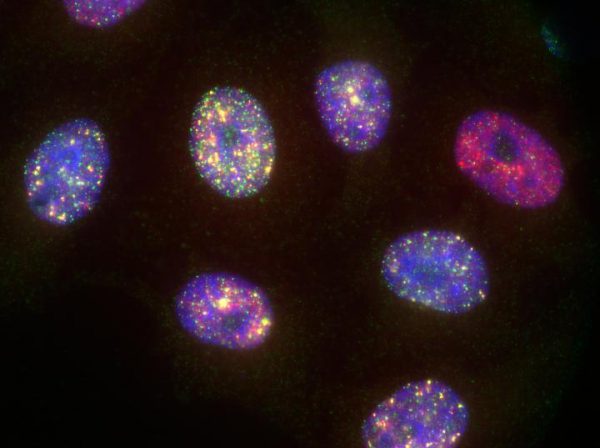
Fri, 2019/02/01
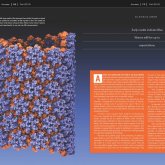
Thu, 2019/01/31

Fri, 2019/01/18
The Essence of Science Journal in December 2018
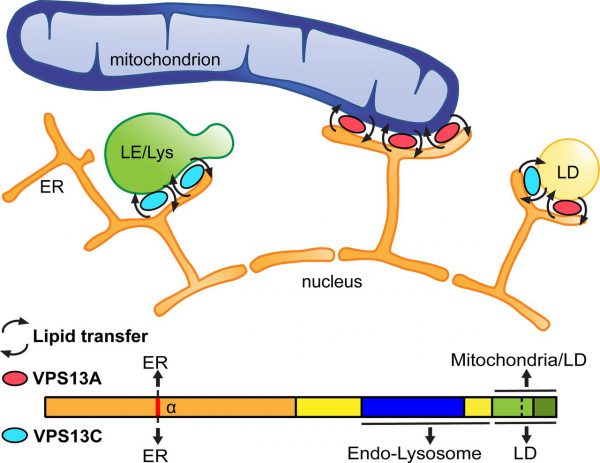
Mon, 2019/01/14
J Cell Biol: How Does a Genetic Mutation Induce a Neurological Disease Such as Parkinson's?
